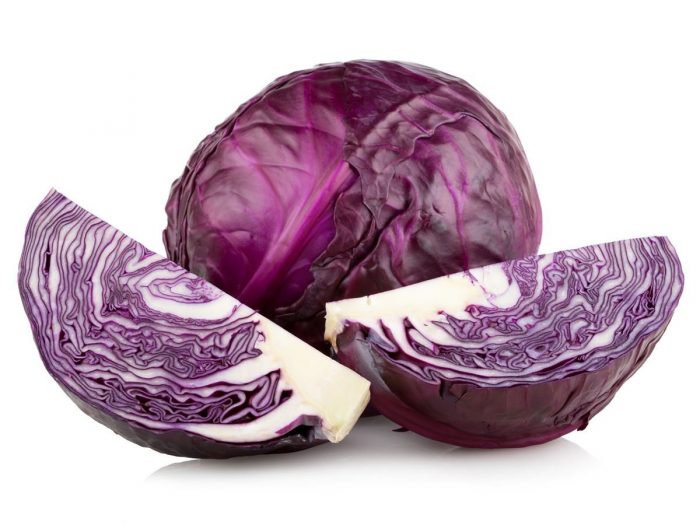cabbage-ex / Cabbage
Programming Languages
Projects that are alternatives of or similar to Cabbage
Cabbage
(Looking contribution for a better icon!)
A simple addon on top of ExUnit which provides compile time translation of .feature files to exunit tests. Big thanks to @meadsteve and the White Bread project for a huge head start on this project.
Installation
Available in Hex, the package can be installed as:
- Add
cabbageto your list of dependencies inmix.exs:
def deps do
[{:cabbage, "~> 0.3.0"}]
end
Example Usage
By default, feature files are expected inside test/features. This can be configured within your application with the following:
config :cabbage, features: "some/other/path/from/your/project/root"
Inside test/features/coffee.feature you might have something like:
Feature: Serve coffee
Coffee should not be served until paid for
Coffee should not be served until the button has been pressed
If there is no coffee left then money should be refunded
Scenario: Buy last coffee
Given there are 1 coffees left in the machine
And I have deposited £1
When I press the coffee button
Then I should be served a coffee
To translate this to a simple exunit test, all you need to do is provide the translation of lines to steps in the test. Inside test/features/coffee_test.exs (or anywhere you like really).
defmodule MyApp.Features.CoffeeTest do
# Options, other than file:, are passed directly to `ExUnit`
use Cabbage.Feature, async: false, file: "coffee.feature"
# `setup_all/1` provides a callback for doing something before the entire suite runs
# As below, `setup/1` provides means of doing something prior to each scenario
setup do
on_exit fn -> # Do something when the scenario is done
IO.puts "Scenario completed, cleanup stuff"
end
%{my_starting: :state, user: %User{}} # Return some beginning state
end
# All `defgiven/4`, `defwhen/4` and `defthen/4` takes a regex, matched data, state and lastly a block
defgiven ~r/^there (is|are) (?<number>\d+) coffee(s) left in the machine$/, %{number: number}, %{user: user} do
# `{:ok, state}` gets returned from each callback which updates the state or
# leaves the state unchanged when something else is returned
{:ok, %{machine: Machine.put_coffee(Machine.new, number)}}
end
defgiven ~r/^I have deposited £(?<number>\d+)$/, %{number: number}, %{user: user, machine: machine} do
{:ok, %{machine: Machine.deposit(machine, user, number)}} # State is automatically merged so this won't erase `user`
end
# With no matches, the map is empty. Since state is unchanged, its not necessary to return it
defwhen ~r/^I press the coffee button$/, _, state do
Machine.press_coffee(state.machine) # instead would be some `hound` or `wallaby` dsl
end
# Since state is unchanged, its not necessary to return it
defthen ~r/^I should be served a coffee$/, _, state do
assert %Coffee{} = Machine.take_drink(state.machine) # Make your `assert`ions in `defthen/4`s
end
end
The resulting compiled test will be logically equivalent to:
defmodule MyApp.Features.CoffeeTest do
use ExUnit.Case, async: false
setup do
on_exit fn ->
IO.puts "Scenario completed, cleanup stuff"
end
{:ok, %{my_starting: :state, user: %User{}}}
end
# Each scenario would generate a single test case
@tag :integration
test "Buy last coffee", %{my_starting: :state, user: user} do
# From the given
state = %{user: user, machine: Machine.put_coffee(Machine.new, number)}
# From the and
state = Map.put(state, :machine, Machine.deposit(machine, user, number))
# From the when
Machine.press_coffee(state.machine)
# From the then
assert %Coffee{} = Machine.take_drink(state.machine)
end
end
This provides the best of both worlds. Feature files for non-technical users, and an actual test file written in Elixir for developers that have to maintain them.
Tables & Doc Strings
Using tables and Doc Strings can be done easily, they are provided through the variables under the names :table and :doc_string. An example can be seen in test/data_tables_test.exs and test/features/data_tables.feature.
Running specific tests
Typically to run an ExUnit test you would do something like mix test test/some_test.exs:12 and elixir will automatically load test/some_test.exs for you, but only run the test on line 12. Since the feature files are being translated into ExUnit at compile time, you'll have to specify the .exs file and not the .feature file to run. The line numbers are printed out as each test runs (at the :info level, so you may need to increase your logger config if you dont see anything). An example is like as follows:
# Runs scenario of test/features/coffee.feature on line 13
mix test test/feature_test.exs:13
Developing
Using Docker Compose
A docker-compose.yml is provided for running the tests in containers.
$ docker-compose up
To wipe all _build and deps you can run:
$ docker-compose down -v
If you want to interactive, using standard mix commands, such as updating dependencies:
$ docker-compose run --rm test deps.update --all
Or, if you want to run a single test, that can be accomplished with:
$ docker-compose run --rm cabbage test test/feature_test.exs
Roadmap
- [x] Scenarios
- [x] Scenario Outlines
- [x] ExUnit Case Templates
- [x] Data tables
- [x] Executing specific tests
- [x] Tags implementation
- [ ] Background steps
- [ ] Integration Helpers for Wallaby (separate project?)
- [ ] Integration Helpers for Hound (separate project?)


